Alternate history offers a fascinating lens through which to reimagine pivotal events. The American Civil War, a conflict deeply intertwined with the morality and expansion of slavery, is a frequent subject of such thought experiments. What would the world look like if the Confederate States of America (CSA) had emerged victorious?
This list explores ten potential ways the USA and CSA might have diverged had the Civil War concluded with a Confederate triumph after the Battle of Gettysburg. These suppositions are based on an analysis of significant cultural, economic, and political developments from the late 19th century through the 21st. These are possibilities based on both historical analysis and the informed speculation of historians. Share your thoughts and discuss how the world might differ had the Union lost.
The Battle of Gettysburg Would Have Been A Different Kind Of Turning Point
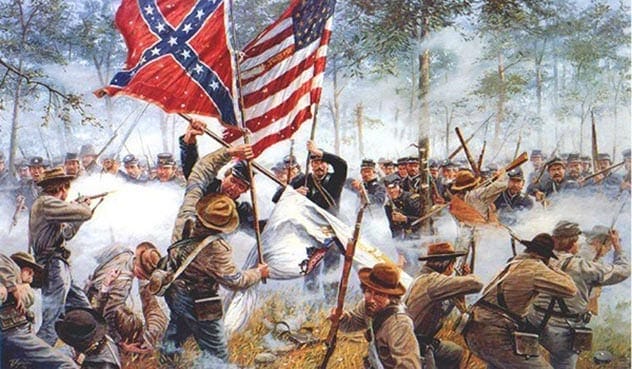
The Battle of Gettysburg was a crucial turning point, but in reality, it favored the North. General Robert E. Lee’s Confederate army aimed to halt the Union’s advance into the South. The hope was to disrupt the Union’s path toward Richmond and other key Southern territories. However, the CSA suffered a defeat in one of the bloodiest battles in American history.
In an alternate scenario where the CSA wins Gettysburg, the North is severely weakened, effectively ending their aggression. A peace treaty is promptly signed in July 1863, concluding the war. The CSA consolidates its territory, while the Union focuses on westward expansion, each seeking to expand their political reach to the Pacific Ocean.
Two Separate Countries Or 48 Individual Nations
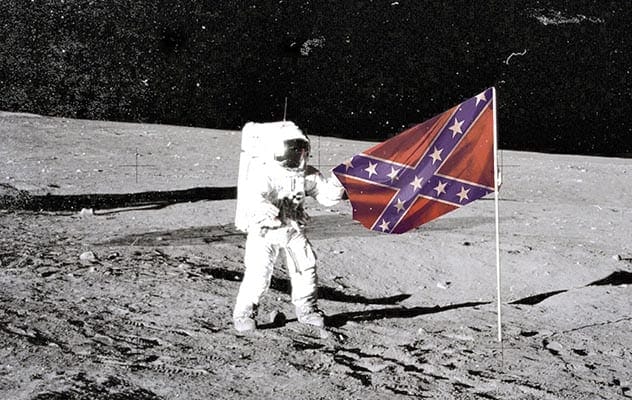
In the wake of peace, the border would transform into a heavily guarded demilitarized zone. This would impede the northward movement of slaves and hinder Union sympathizers from relocating to the South. The most significant shift would be the rapid westward expansion to claim territories. California, Oregon, and Washington would likely remain or join the Union, while the CSA would encompass the seceded states, as well as western territories like Colorado, New Mexico, Nevada, and Arizona. Texas might become independent or remain with the CSA.
With both economies devastated, individual states might secede from their respective unions. The United States as a unified entity could dissolve, rendering the Constitution irrelevant. Each state would operate as an independent country with its own military, government, and economy. State borders could further evolve as new conflicts emerge.
The Conflict Would Have Continued For Decades
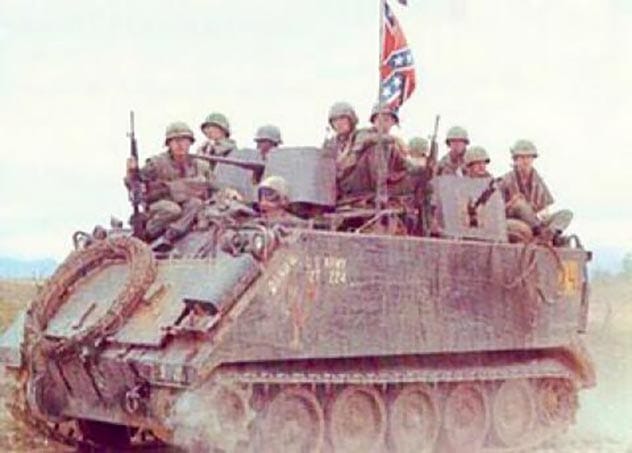
A CSA victory at Gettysburg could lead to prolonged conflict on various fronts. As both nations expanded westward, disputes over territory would inevitably arise. Conflicts over borders, vital resources, and grazing land would ignite border skirmishes, potentially escalating into full-scale warfare. The next war wouldn’t be a civil war but a protracted conflict between two established nations, potentially even bloodier than the first.
Even without a full-blown war, border disputes and disagreements would persist. The Union’s loss of the Mississippi River, a critical shipping route, would drive aggressive expansion westward, leading to increased violence against indigenous populations.
No Democrats In The USA & No Republicans In The CSA
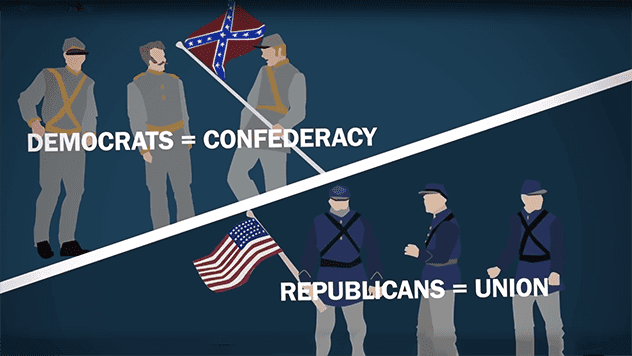
Despite numerous independent parties, the United States predominantly operates under a two-party system. A similar system would likely develop in both the CSA and USA after a Confederate victory, but the composition of these parties would differ significantly. During the Civil War, the Democratic Party was overtly racist, while the 19th-century Republicans advocated for freedom and equality. While some argue that an ideological shift occurred in the 20th century, the Democrats would likely remain dominant in the CSA, while the Republicans would either dominate the North or fade away.
Since Lincoln, a Republican, opposed slavery and favored limited government, while Democrats supported slavery, these core values would continue to shape their respective parties. Smaller parties might challenge the establishment, but their influence would likely remain limited for decades.
No War With Spain And No Spanish Independence

The Spanish-American War, triggered by the sinking of the USS Maine in 1898, led to conflict in Cuba, Puerto Rico, the Philippines, and Guam. Without a unified United States, this war likely wouldn’t have occurred.
Consequently, Cuba and other territories would remain under Spanish control, preventing the US from expanding its influence in the Pacific, a factor in World War II. The war veterans who later played crucial roles in World War I would also be absent. The USA’s political trajectory would significantly alter throughout the 20th century, particularly for figures like Theodore Roosevelt.
The USA Would Not Have Entered WWI
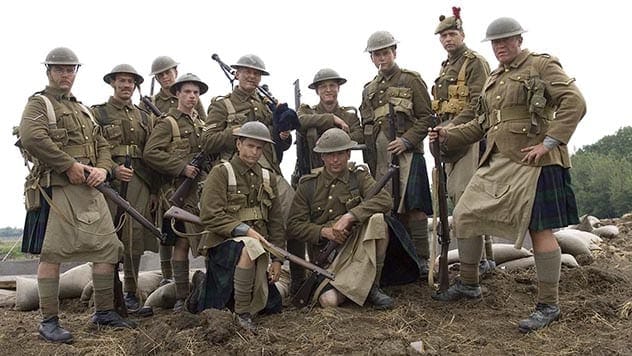
World War I erupted in Europe after the assassination of Archduke Franz Ferdinand. Initially neutral, the United States joined in 1917, playing a pivotal role in ending the conflict. However, with a Confederate victory, neither the USA nor the CSA would likely be in a position to intervene significantly.
The war would likely drag on for years, leading to an alternate European history. Germany might not have been subjected to the crippling treaty that fueled economic turmoil and sowed the seeds for World War II. Without American involvement, there might have been no rise of Fascism in Europe. It’s plausible that neither the USA nor the CSA would have participated in the conflict.
Lincoln Wouldn’t Have Been Assassinated, And Grant Would Be #18
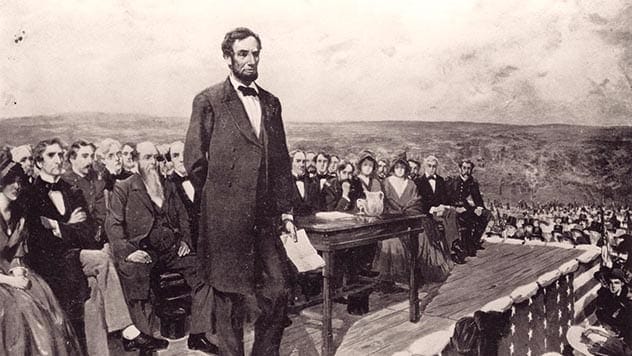
John Wilkes Booth assassinated Abraham Lincoln due to his anger over the war’s outcome. Had the South won, Booth would have had no motivation to kill the US President. Moreover, Lincoln would not have secured a second term; his political career would likely have ended with the loss of half the states. New leadership would have emerged.
Ulysses S. Grant, a Union General, also wouldn’t have gained prominence after Gettysburg and wouldn’t have become the 18th President. The USA’s political landscape could have veered in any direction. The Republican Party might have collapsed or rebranded itself. The only certainties are the absence of a second term for Lincoln and the lack of a Grant presidency.
International Trade Would Explode For The CSA

The CSA suffered greatly from a naval blockade during the war. Once lifted, trade would flourish. The USA would need to establish trade with the South, and the CSA would trade extensively with Europe. Cotton and tobacco exports would boost the Southern economy.
Competition would intensify as both countries vied for trade partners across the Pacific and Atlantic. The North would expand its industrial sector, while the South’s agriculture would foster a sustainable economy. While neither nation would become as dominant as the USA is today, their combined economies would ensure prosperity.
The Geopolitical World Would Look Very Different Today

The United States heavily shaped the 20th century. Its involvement in both World Wars propelled global economic growth. Without a unified USA, the world would be vastly different. If the October Revolution still occurred, the Soviet Union could rise to global dominance, potentially expanding into Europe.
A second World War might pit the Soviet Union against the rest of the world. A Soviet victory could lead to Communism becoming the dominant ideology. The CSA and USA would be overshadowed, potentially leading to reunification out of mutual defense needs.
Interesting Fact: The flag shown is the third official flag of the Confederate States (the “blood-stained banner”). The top corner is the battle flag. The first flag was called the “stars and bars” and consisted of three red and white stripes with a circle of white stars on a blue background. The second flag (the “stainless banner”) was identical but lacked the red stripe on the edge. The stripe was added to the third flag so that it didn’t appear to be a white flag denoting surrender when hanging limp against a flagpole.
Slavery Would Have Continued For Some Time
Slavery was the central cause of the Civil War. The Southern states feared limitations on expansion into new territories, which led to secession following the Election of 1860. A victorious CSA would have meant the continuation of slavery well into the 20th century. The Atlantic Slave Trade would have ended, or been reduced to piracy, as most nations no longer supported it. Slavery in the CSA would be limited to reproduction within the nation, and “supplies” from Africa would end by the turn of the century.
As the CSA expanded westward, new states would become slave states, while Union states would be free. Slavery might not exist today in the same capacity. The Industrial Revolution demanded a better-trained workforce. The South’s reliance on uneducated slave labor would cause it to fall behind. Slavery would likely decline through the 20th century but not vanish completely.
“House slaves” would persist. Farms unable to afford automation would rely on slave labor but eventually transition to automation and skilled labor. By the 21st century, slavery would be confined to wealthy households and small enclaves, relied upon for limited production.
The video clip above is from the satirical mockumentary “C.S.A.: The Confederate States of America”.
The ramifications of a Confederate victory are wide-ranging and transformative. From altered political landscapes to shifts in global power, and the delayed end of slavery, the world would be an unrecognizable place. Share your thoughts on these alternate scenarios below!










